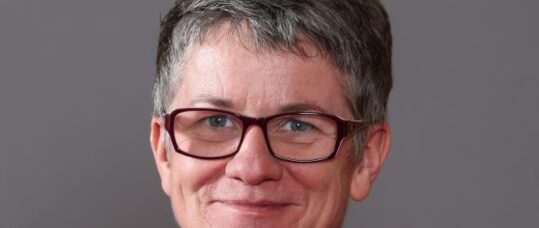NMC open to collaborating with other health regulators

The Nursing and Midwifery Council (NMC) is open to collaborating with other major health regulators, it has indicated.
The NMC, which covers 600,000 staff, told Nursing in Practice it aims to work more ‘closely and collaboratively’ with other regulators, following the news that the Department of Health (DH) will consult on whether the existing nine health regulators should merge into one body.
NMC chief executive and registrar, Jackie Smith said she is ‘pleased’ that the Department of Health has ‘signalled its intention to move forward with important changes to our fitness to practice legislation’.
Related Article: NHS 10-year plan: What does it mean for nursing?
‘These changes will allow us to conclude cases more quickly and without the need to take every case to answer to a full hearing. But these changes fall far short of the wide-ranging regulatory reform that the public and the professions deserve,’ she said.
‘While the Government has not yet published details of its plans for a future model of healthcare regulation, it is our ambition to work more closely and collaboratively with other regulators including the GMC with who we share common goals,’ she added.
According to one estimate, the merge could cut the £200m annual cost of regulation by 15-18% (£30-36m) by ending duplication and reducing fitness to practice costs.
‘Early days’
Related Article: Funded nurse workforce plan needed for neighbourhood health services
The General Medical Council (GMC) told Nursing in Practice that it is ‘very early days’, as they have not been shown any proposals yet. The regulator said that it would wait to comment on the plans until a consultation has been announced, which it says it hopes will be this year.
However, the GMC would like to make its process more ‘streamlined’, it said, and at the moment it is being ‘slowed down by fitness to practice regulation’.
‘Hugely differing roles’
Related Article: Over one million children living in homes causing asthma and chronic illness
Pardeep Sandhu, executive director of professional services at the Medical Protection Society, said: ‘We are keen to see more detail on this proposal when a consultation is published, however we would be concerned about an amalgamation exercise which could result in the specific expertise of each profession’s regulator being lost.
‘Any new regulator would need to be able to distinguish between the hugely differing roles within the many professions it would oversee. We also hope any consultation will place greater emphasis on ensuring more efficient regulation – limiting unnecessary impact on the health and wellbeing of healthcare professionals and their ability to get on and do their job.’

See how our symptom tool can help you make better sense of patient presentations
Click here to search a symptom


The Nursing and Midwifery Council (NMC) is open to collaborating with other major health regulators, it has indicated.



